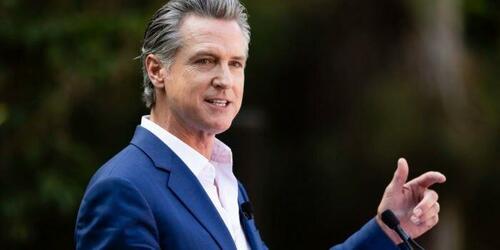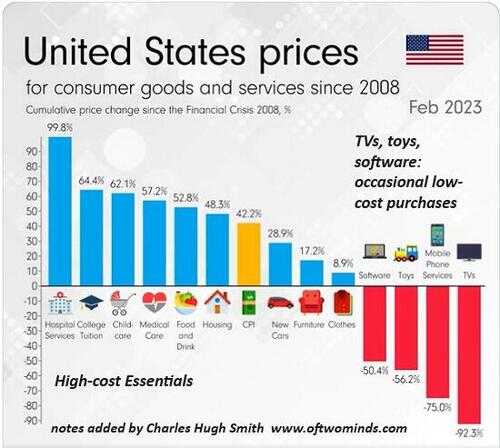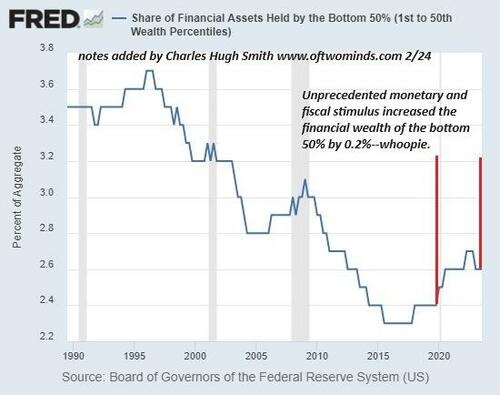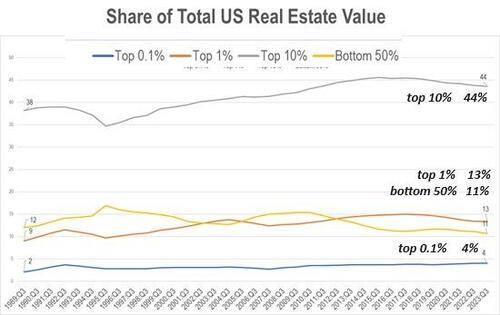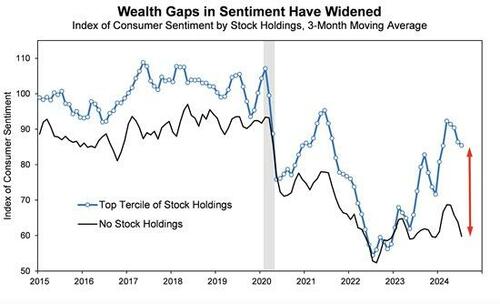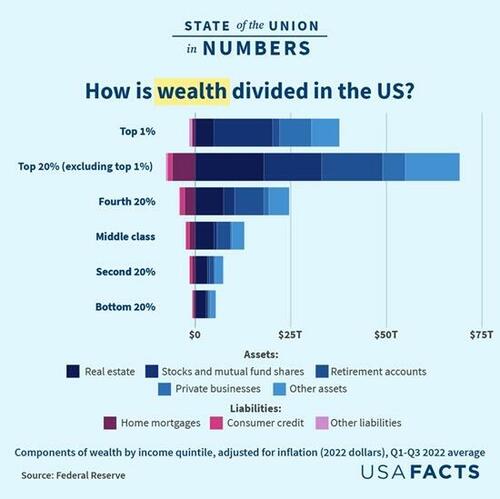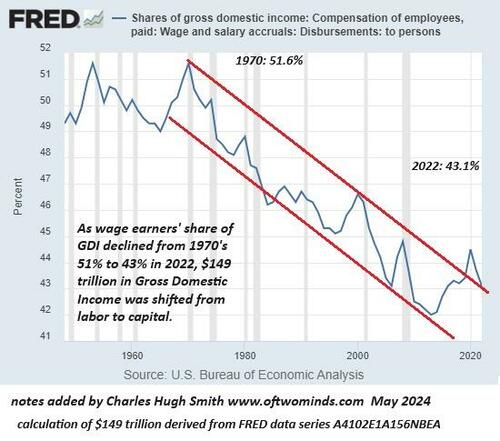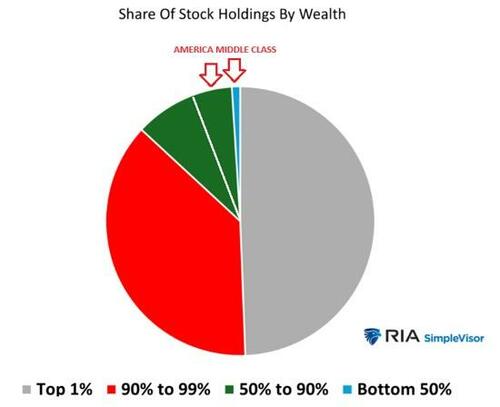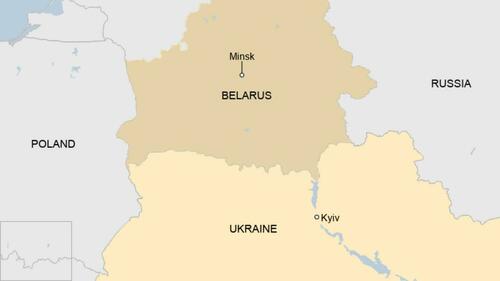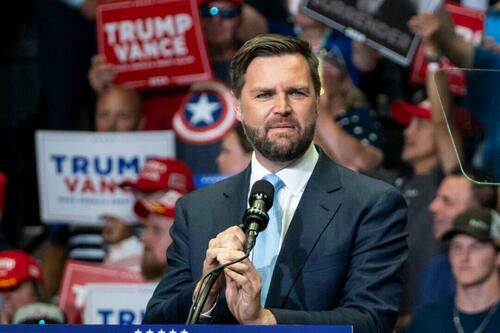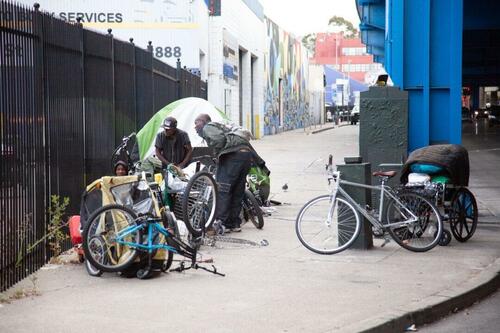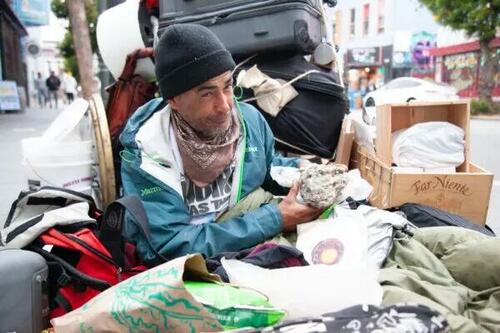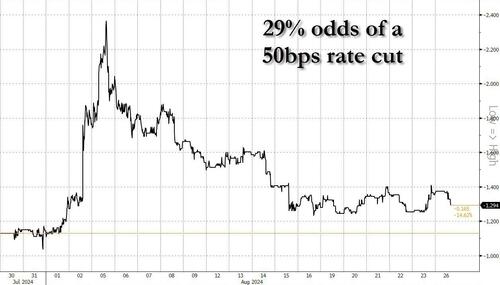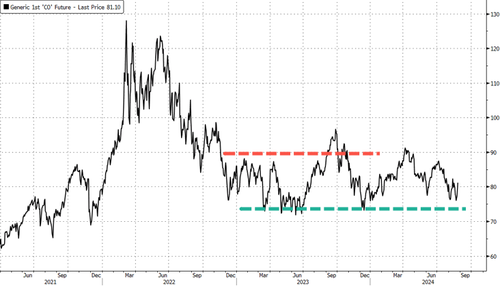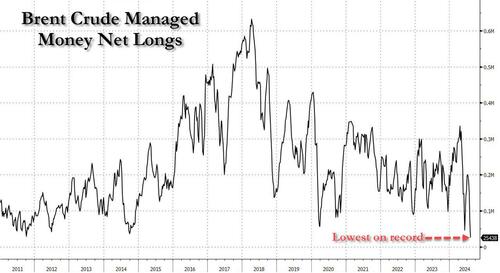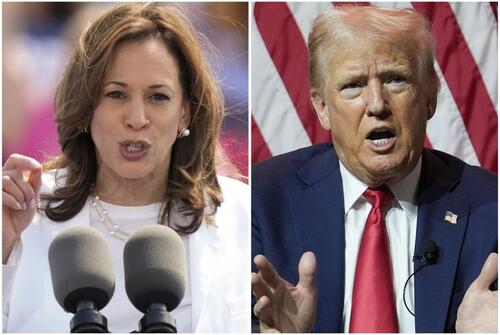California Colludes With Big-Tech To Wield Control Over Local Newsrooms, Incorporate AI
Authored by Luis Cornelio via HeadlineUSA.com,
Remember when the government colluded with Big Tech to censor news detrimental to Democrats ahead of the 2020 election? Well, they’re at it again, this time openly bragging about their latest collusion.
California has announced the first-ever “partnership” with Google and Meta (Facebook’s parent company) to fund local newsrooms and launch a government artificial intelligence program.
With a price tag of $250 million—$175 million from taxpayers and $55 million from Google—this program will provide direct financial support to newsrooms.
The deal emerged as a settlement between Big Tech and the state government after California Democrats threatened to impose fees on platforms that profit from news content.
The multi-million-dollar fund will be managed by the UC Berkeley School of Journalism and disbursed to newsrooms over five years, with annual approvals required.
Critics have warned about the dangers of government and social media giants sponsoring the news.
“This is beyond Orwellian,” said Dan Schneider, the vice president of a free speech department at the Media Research Center (MRC).
“With a tiny portion of its annual revenue, Google is going to use every reporter and news outlet to remake society in its own warped image.”
MRC has released several reports accusing Google of interfering in the 2024 election by burying Republican campaign websites while promoting those of Democrats.
The Media Guild of the West echoed Schneider’s concerns, stating, “California’s journalists and news workers oppose this disastrous deal with Google and condemn the news executives who consented to it in our names.”
The union rebuked the newsrooms celebrating what it described as an “opaque deal” involving taxpayer funds and “minimal financial commitments from Google to return the wealth this monopoly has stolen from our newsrooms.”
In contrast, California Gov. Gavin Newsom hailed the deal as a “major breakthrough” to ensure the survival of newsrooms and bolster local journalism.
“The deal not only provides funding to support hundreds of new journalists but helps rebuild a robust and dynamic California press corps for years to come, reinforcing the vital role of journalism in our democracy,” he claimed.
While Newsom lauded the agreement as a lifeline for journalism, it comes amid growing scrutiny of Big Tech’s influence and manipulation of content.
Google and Facebook are currently under investigation by the House Oversight Committee for allegedly censoring searches and content related to an assassination attempt on President Donald Trump
Tyler Durden
Mon, 08/26/2024 – 12:45
via ZeroHedge News https://ift.tt/6X8y4D2 Tyler Durden
